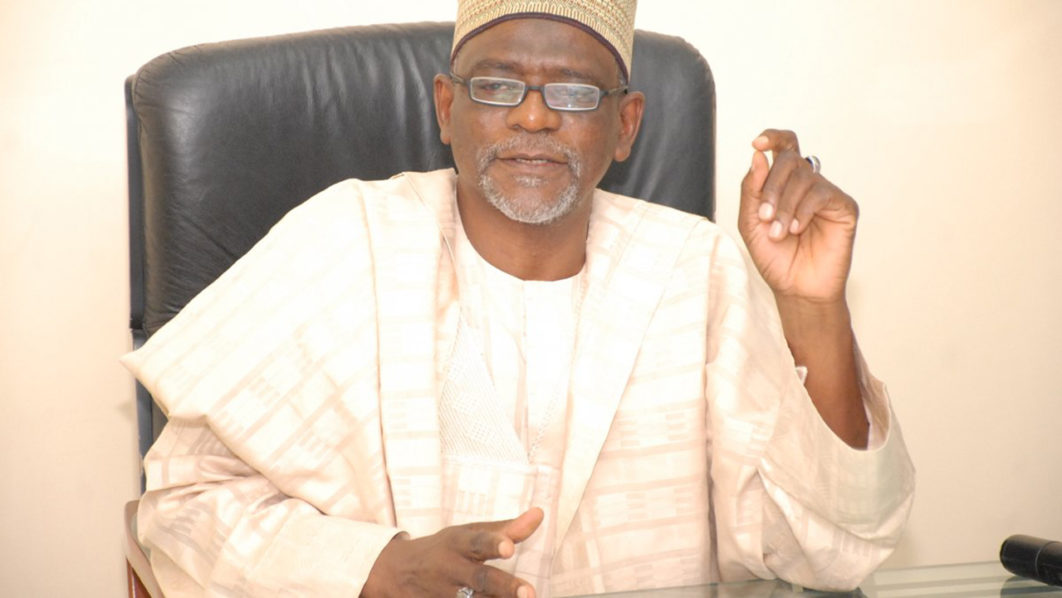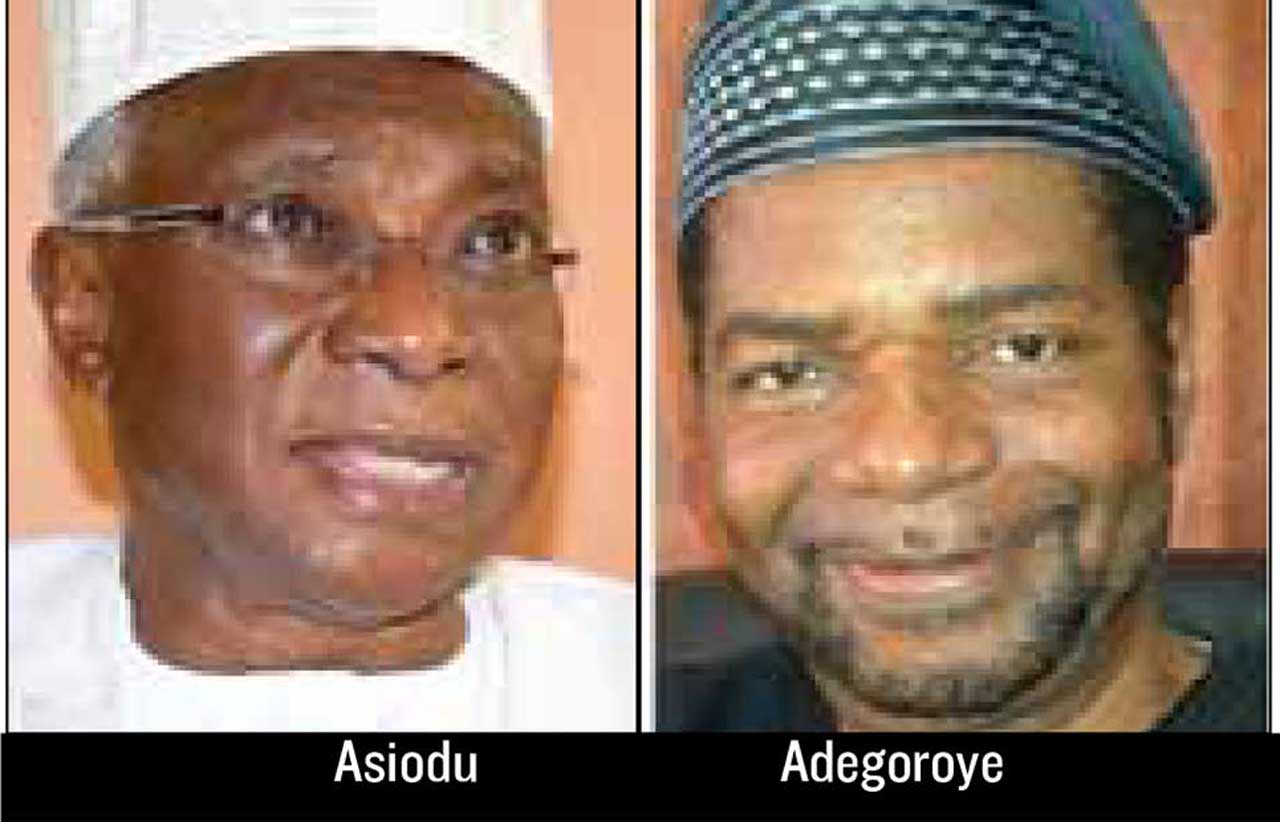
The chief objective of education policy in Nigeria and Africa generally, in this regard, should be bolstering creativity via critical and creative thinking in education as well as problem solving, imaginative works, et cetera. And as already indicated, this can be learnt regardless of language; because it is an attitude and operation of the mind, first and foremost (which can happen in any language).
Ngugi wa Thiong’o, one of the earliest fundamentalist language nationalists in Africa has tried to show how creative thinking in a non-native tongue is circumscribed (in the arts, particularly literary arts, I would say, even though he doesn’t speak of limits to his claims as such). I am inclined to agree that creativity in the literary arts may be a little more difficult in a second language but ‘a little more difficult’ does not mean impossible and the problems here can be solved by getting the second language to do what the author wants it do, and thereby transform the second language in accordance with local tastes and desires as Chinua Achebe suggests.
This is what African writers of modern literature have been doing, and Nobel prizes and other awards can be found among their ranks. Ngugi, himself, has after keeping to his oath of writing in only his native Gikuyu for quite some time, returned to auto translating his Gikuyu works to English in order to reach a wider audience, showing at least the need for mother-tongue level proficiency in English, which happens to be the nearest to a global lingua franca in our age.
More importantly, however, is that this is a problem in literary arts mostly, which should not be treated as a problem for creativity generally.
A bit of history might help us see this well. For about a thousand, seven hundred years, Latin was the lingua franca of western and central Europe; more than a thousand years after the death of the Roman Empire that spread this language. Education was done principally in this language and people were creative in Latin across board regardless of their native tongues: from St Augustine of Hipo in North Africa, to Albertus Magnus of Cologne, St Thomas Aquinas of Italy, William of Ockham, Roger Bacon, Francis Bacon (all of England), Copernicus(Polish/German), Galileo (Italian), Descartes (French), Newton (English); the German polymath, Leibniz wrote his main works mostly in Latin and French, not his native language German; Erasmus, a great Renaissance man of letters, wrote in Latin and Greek, not his native Dutch; et cetera.
Great and small scholars: artists, philosophers, scientists all worked with Latin, yet their creativity was not circumscribed and indeed the natural philosophers of this age working in Latin invented the greatest epistemic gift to the human race so far, namely, the ratio-scientific epistemic orientation and the scientific method, creating the scientific revolution.
It is important to note that while the literary people of this age were already writing in their native languages, to reach their local audiences, from an early stage, as seen with Geoffrey Chaucer (which is a nod to Ngugi), the philosophers and budding scientists were working in Latin and general education was in Latin and to a lesser extent Greek. It is also important to note that what people like Leibniz show with regard to our context is that the change of LOI should begin at the top, with great scholars writing in their preferred vernaculars thus generating the needed works at the summit of the education processes first, not with regulations for primary education, which will lead to disruptive LOI discontinuity and difficulties when it comes to further and higher education.
We have since independence got many things wrong partly on account of jaundiced or fundamentalist nationalism (a type of bitter nationalism that wants to throw everything of colonial origin away without regard to present and future value or the possibility of adaptation, et cetera). I hope that the minister is not driven by such sentiments directly or indirectly. He has shown that he is not pleased with his work as a minister (due to run-ins with ASUU, in part at least, I suppose). However, this new policy of his might well be his biggest problem. I should think that it requires deeper interdisciplinary studies, which would also be comparative, looking at similar policies and their effects in other lands.
Last, but not the least, as a way of testing and maintaining the sincerity and sense of responsibility of the designers and implementors of this policy, including the minister, involved officials have to be made to send their children or wards to these vernacular public primary schools whenever they are willing to implement this split-discontinuous LOI. It is always a good test of sincerity and responsibility to get public officials to live by their policies.
When Harriet Harman, a minister in Tony Blair’s Labour Government in the UK, sent her children to private schools against the public image of the Labour Party (as the party of workers and the lower classes), she was made to resign immediately. I hope that Nigerians will insist that the public officials who designed or support this policy will walk the talk personally or resign – or otherwise pay adequately.
Concluded
Agbakoba is a professor of philosophy at the University of Nigeria.






